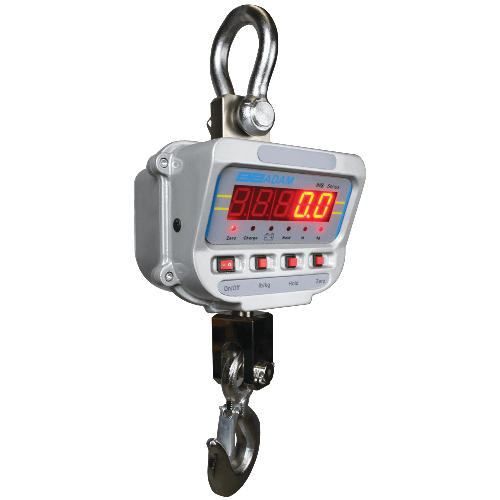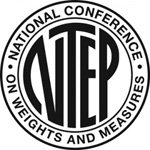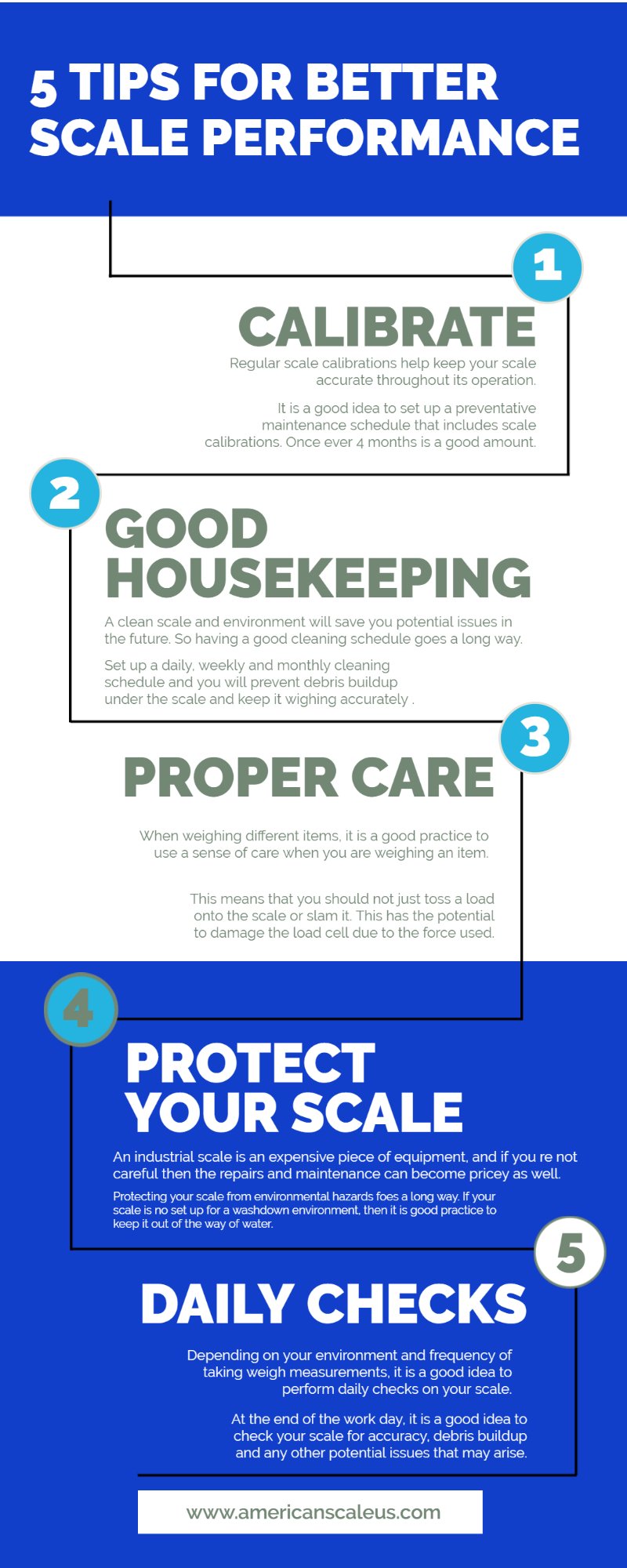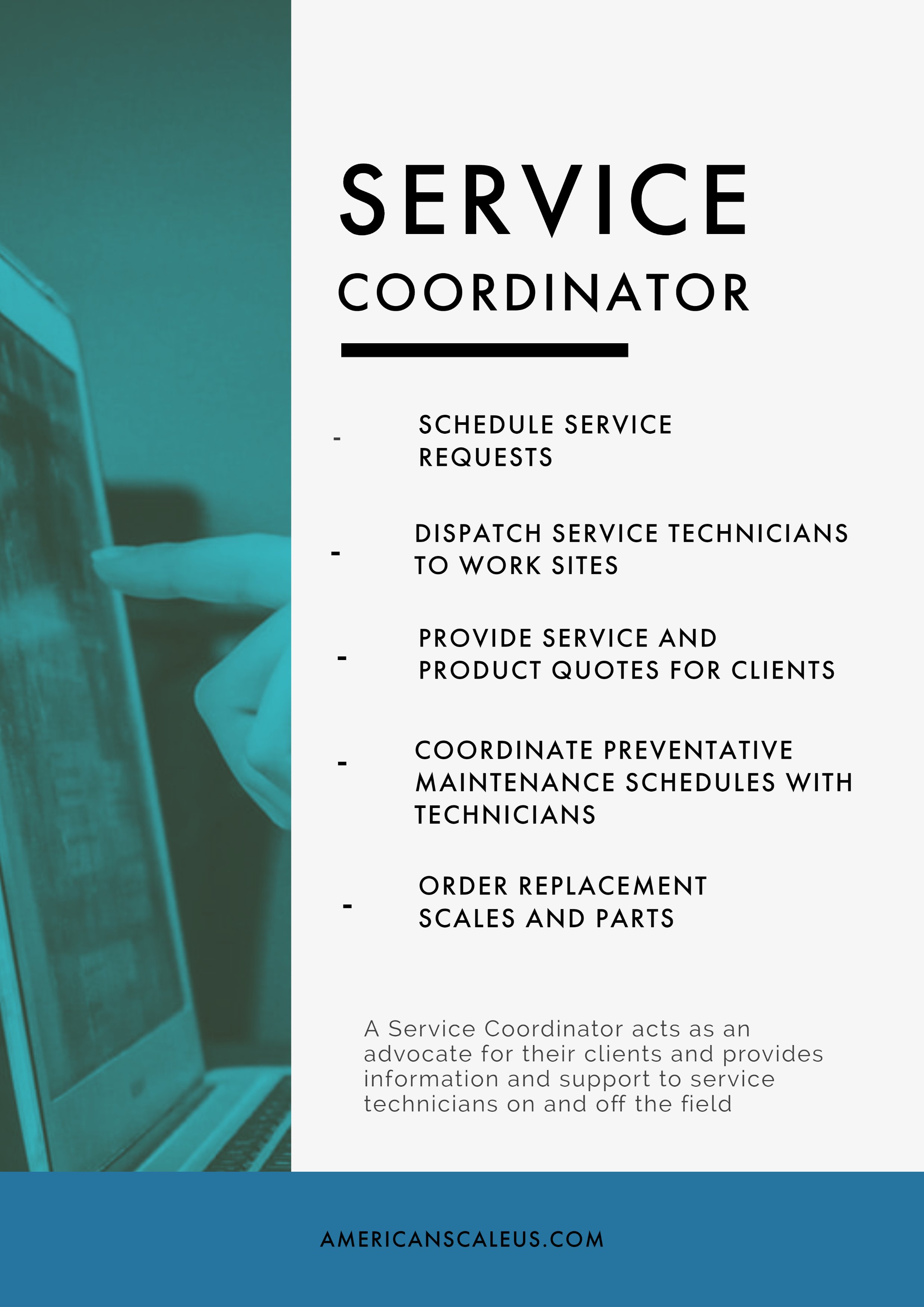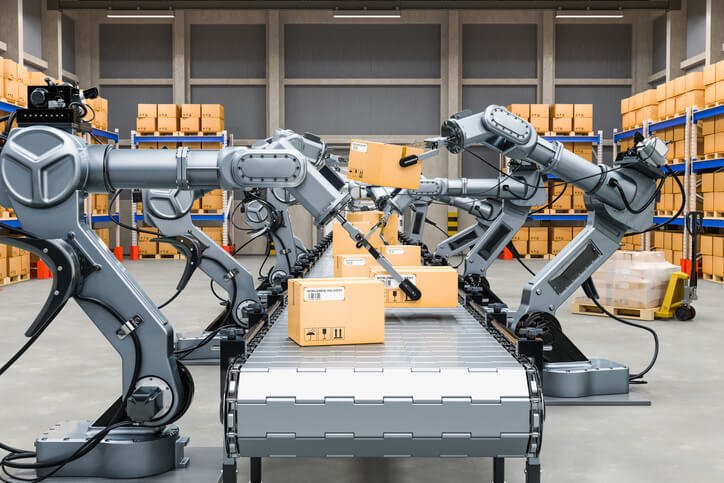Scales, both large and small, greatly impact certain industries with their many features for recording weight data. Sometimes when in need of a scale, but just need it temporarily, then it may be a good idea to look into scale rentals. Often the purchase of weighing equipment is not the most economical or practical option. There will be cases where renting a scale can offer you a quick and reliable alternative while saving costs. In this article we will go over the benefits and drawbacks of scale rentals, and we will also take a look at the industries that tend benefit the most from scale rentals.
Renting vs Buying
When adding an industrial scale to your processing operation, you may wonder if you should purchase a new or go with renting a scale for what you need. One of the main things that you need to consider is how long you need the scale for. For instance, you work in a warehouse and need to do an end of the year inventory and make adjustments. You may only need the scale for the duration of your inventory check. These type of applications use bench scales or counting scales to complete their project. In this case purchasing a scale to only be used once per year would seem like a steep investment with little return.
The factors that you will want to take into consideration is duration of rental, frequency of use, and what type of items are getting weighed. The reasoning for considering these factors is because they great affect the cost of whether renting is a better option over buying.
Benefits of rental Scales
There are several upsides to going the rental route, and the biggest upside is the potential cost savings. Considering that purchasing an industrial scale is a substantial investment, it can be a lot of upfront costs that may not fit into a budget. Renting a scale can help greatly reduce costs, especially if you only need it for a short amount of time. Below are a list of benefits that come along with renting an industrial scale.
Rental duration is flexible to your needs
Pickup and delivery of scales is included
Setup & calibration is included
Training on scale operation is available for your employees
ISO Certified documentation provided with each rental scale
The benefits of renting an industrial scale can definitely give you a speedy solution for your processing operation. If you are a site manager and need to keep the project under a certain budget and have it completed in a certain time frame, then renting a scale can possibly keep you under budget and ahead of deadline.
Best uses for rental scales?
When looking at who are doing more rentals over buying, it usually comes down to the general purpose of needing a scale temporarily. Usually when there is an uptick in scale rentals among, say retail shops, then it most likely is happening around inventory time. These places usually rent a bench scale or counting scale because of their ability to do bulk counting, thus providing the company with a quicker way to check the inventory and make adjustments.
The reasoning for this is because they are checking the inventory on a lot of very small parts. Having to check the inventory on lets say 10,000 screws would take entirely too long to count by hand and update the list. Using a counting scale can take a small sample size (say 10 screws) and then once the weight is calculated it can accurately count a much larger sample size.
Aside from renting smaller scales for inventory, there are other scales like crane and truck scales that you can rent when you are in need of weighing something substantially larger. When working on a construction site or some sort of work site that does not allow you to install a permanent scale, there are portable options available for rental. There are some work sites that do not allow you to excavate for whatever reason and require a less permanent option to complete the project. So renting a portable truck scale is the next solution, because it can be placed on a level surface with temporary ramps and approaches attached to it.
Who are renting scales?
When considering which industries are renting scales the most, it will almost be warehouses and retail shops. But they are not the only industries that benefit from renting a scale. There are places like construction sites, farms, feed mills that also benefit from renting a scale. Below are a few honorable mentions regarding scale rentals.
There are a number of industries that use rental scales. Some will use wheel weighers (aircraft), while others may use an axle scale (race cars). Small scale aircrafts benefit greatly from a rental wheel weigher. The reasoning is because making sure that the weights and balances for the aircraft are correct. You may receive inquiries about these particular scales, due to the convenience that comes with them. There are even construction sites that need to rent a crane scale, to ensure the crane isn’t overloaded, thus adding an extra layer of safety to the crew and work site. Ultimately you will be able to find a rental scale for just about any application that you need.
Knowing what to look for
When looking at the scale companies that offer scale rental services, there are a few things you want to consider before renting a scale. The first thing is to see what scales are available for rent. That will greatly impact which direction you decide to go in. From the different types of scales available, then you next have to consider what you need the scale for and what the capacity level that you need.
Drawbacks to renting a scale
Just like anything that has benefits, there are also drawbacks. When it comes to renting a scale this is no different. Granted the drawbacks to renting a scale may not be equal to the benefits, but it is still good to be aware of the possible issues when renting a scale.
One of the biggest drawbacks when deciding to rent a scale is that you are responsible for returning the scale in working order. That means that for the duration the scale is under your care, you are responsible for any possible damages that may occur. It goes back to the age old saying “you break it, you buy it”. So say for example you have a portable truck scale that you rented for 2 months. Say during the time you were in possession of it there is damage to the scale. If that happens then it is on you to pay for the broken product.
So if a short term rental has the risks of potentially damaging the scale, then you could possibly look into purchasing a truck scale. A good way to combat this, is to ensure that the work site where the scale will be going is void of any obstacles or hazards that could potentially damage your crew or the scale.
Another drawback is that the length of time that the scale is being rented could end up costing more than actually buying the scale outright. Granted there are some variables that come into play, and that is determined by the scale company that you are considering going to. Mainly it is good to really look at the time needed to use the scale. Calculating your schedule will help you to determine to correct length of time to rent the scale.
Closing words
Renting an industrial scale has a lot of positives and can greatly reduce the overall cost of your project. Looking at which scale companies offer you the best options in regards to rental scales, can help make a clear and informed decision. Use this guide as a reference when you are in the need of a rental industrial scale.
At American Scale we strive to bring you informed and useful content on all things scale related. Be sure to check out our legal for trade truck scale system articles about truck scale foundation or how much do truck scales cost. We even have a guide to warranties. We also have articles on scale accessories, common problems to prolong your scales lifespan, weighing applications as well as what scale indicator works best with your junction box. To learn more about bench scales, it would be good to check out our other articles such as “Bench Scale Basics'' and “How Much Does A Bench Scale Cost?”. These articles will help with the basics of bench scale ownership.


